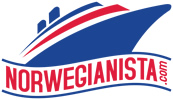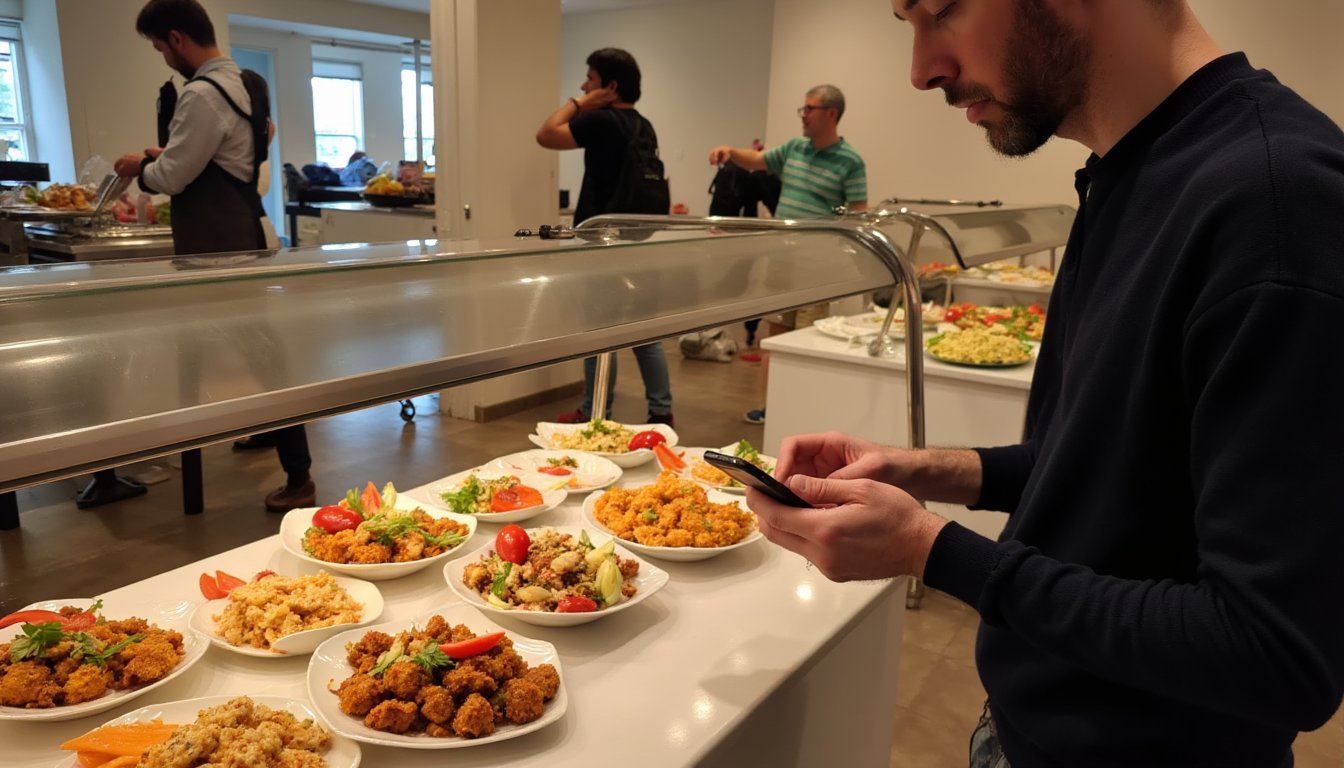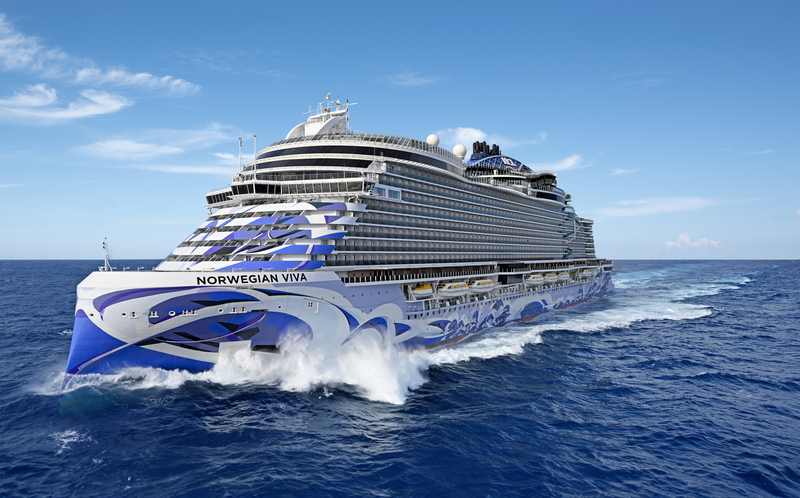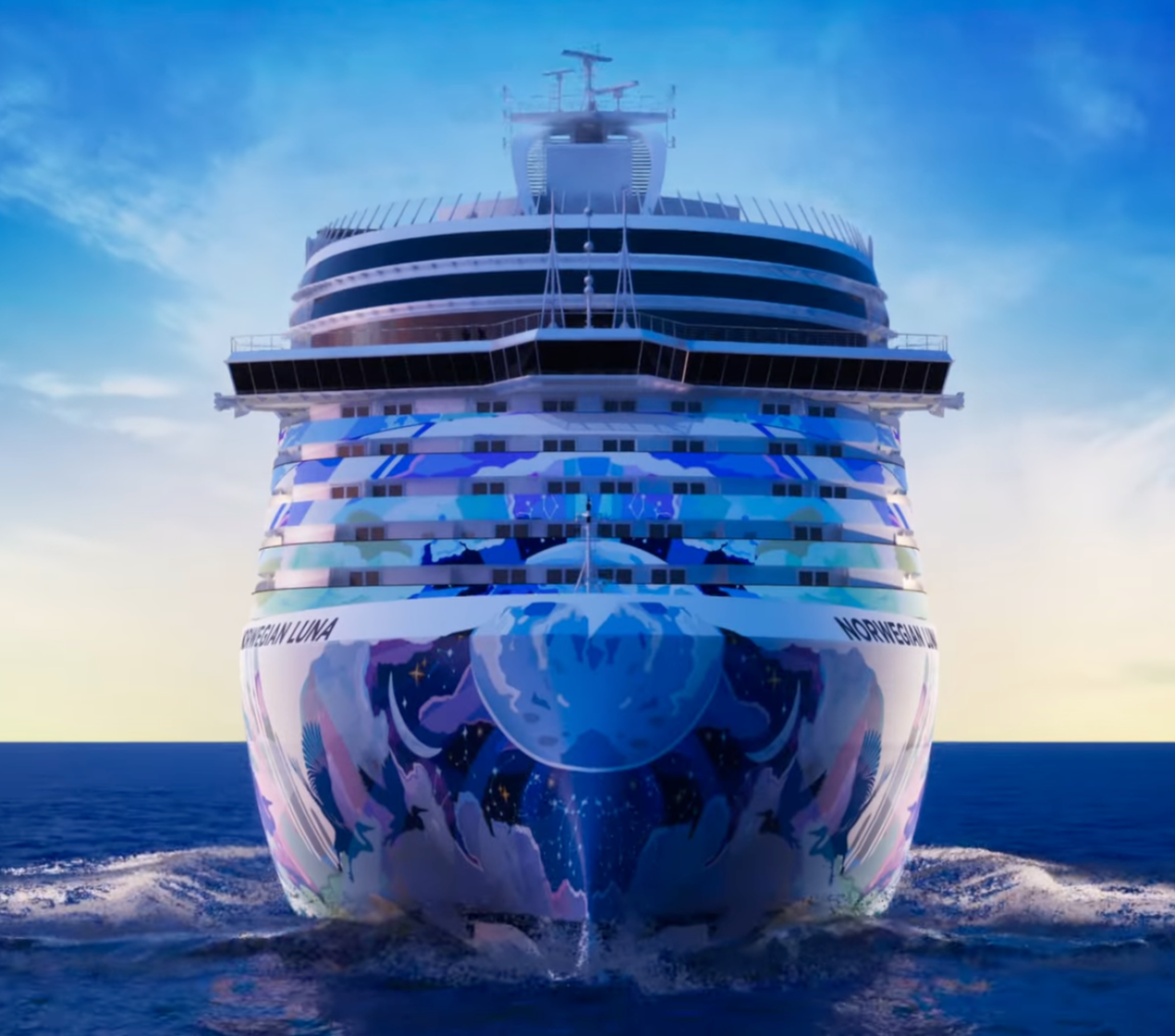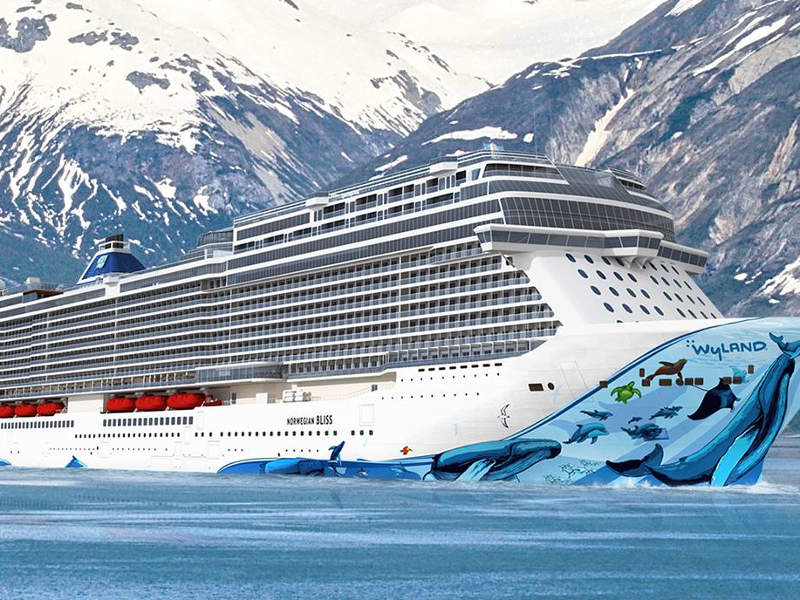Why I Started This Site
After twenty years of travel – from £5 hostels with questionable plumbing to luxury resorts where someone remembers your coffee preference – I’ve learned one fundamental truth: there’s no such thing as perfect travel. Yet when I started reading cruise reviews, I found two extremes: industry cheerleaders who acted like every voyage was magical, and entitled complainers who seemed genuinely shocked that traveling with 4,000 other people involves queues.
Neither perspective felt honest to me.
My Travel Reality Check
I’ve slept in fleapit guesthouses where the wifi password was “password123” and the shower was optimistically described as “rustic.” I’ve also stayed in five-star hotels where the concierge knew my name before I checked in. I’ve missed connections in remote airports, navigated language barriers with pointing and hand gestures, and yes – I’ve been disappointed by meals, frustrated by service, and occasionally wondered why I didn’t just stay home. Sometimes I question “travel” writ large as a concept.
That’s real travel. It’s messy, unpredictable, and sometimes uncomfortable. It’s also why I’ve come to appreciate what cruise lines actually accomplish.
Why I “Get” Cruising (And Why The Critics Often Don’t)
When you’ve organized logistics for a two-week overland trip across challenging terrain – coordinating transport, accommodation, meals, and entertainment for just yourself and a travel partner – you start to understand the operational complexity of doing this for 4,000 people. At sea. Every single day.
The fact that cruise ships manage to feed everyone, keep the lights on, provide clean towels, and offer evening entertainment while floating in the middle of the ocean is genuinely impressive. Perfect? Absolutely not. But then again, I’ve never experienced perfect travel anywhere.
The Missing Middle Ground
Most cruise content sits at the extremes. Industry publications seem to treat every new ship feature like revolutionary innovation. Or at least the PR teams want them to. Passenger review sites become echo chambers of complaints, often from people who seem to have never encountered a delayed meal or a busy elevator outside of cruising. From peopel who have never done any independent travel.
What’s missing is the middle ground: realistic analysis from someone who understands both the appeal of cruise efficiency and the operational constraints that create limitations.
My Approach: Business Context + Travel Reality
I analyse cruise experiences through two lenses:
Business Understanding: Why do problems occur? How do ownership structures (like Apollo Global’s efficiency mandate for NCL) affect passenger experience? What operational constraints shape service delivery? That really fascinates me. As a business owner myself, I am truly fascinated by how all of this works, particularly how it returns value to shareholders while balancing customer experience.
Travel Experience: How do cruise “problems” compare to other forms of mass tourism? When are passenger complaints valid vs. unrealistic expectations? What can people reasonably expect from organized travel? Are they paying too much? Hwo does a cruise compare in value to other alternatives – and how can cruise lines stay ahead? They have a s**tload of cabins to sell, after all.
Why Norwegian Cruise Line?
Living in Barcelona, my partner and I see both ends of the travel spectrum – independent backpackers exploring Europe and cruise passengers on Mediterranean itineraries. NCL’s “Freestyle Cruising” philosophy particularly interests me because it attempts to bridge these approaches: offering cruise efficiency while promising more flexibility than traditional cruise structures.
If you think about how sea travel used to be. Or still is, in the case of Cunard. NCL was one of the first brands really to challenge this and come up with something more relaxed and flexible.
Does it work? Sometimes. When it doesn’t, there are usually good reasons why. More often than not there is a business decision behind it.
What You’ll Find Here
Honest Analysis: I’ll tell you when cruise lines get things right and when they don’t – with context for why both happen. I try not to mince my words. Try not to swallow the hype. But also not take a moaning reviewer at face value. Maybe they’re having a bad day, after all.
Realistic Expectations: If you’ve never traveled outside resort bubbles, cruising might feel more limiting than you expect. If you’ve experienced budget travel challenges, cruise “problems” might seem quite manageable. Let’s set expectations here.
Business Context: Understanding why decisions are made helps you navigate the experience better. Apollo Global’s ownership affects NCL’s operations in specific ways that impact your vacation. I am pretty obsessed with the business mechanics in the background.
Cross-Line Perspective: I reference other cruise lines, accommodation types, and travel experiences to give you comparative context. Trying to deliver a balanced perspective.
Questioning Travel Assumptions
During the pandemic, I had a thought that many travelers would consider heretical: what if virtual travel is sometimes better than physical travel?
Watching first-person YouTube videos of someone walking through Santorini’s streets – no crowds, no heat, no overpriced drinks, no disappointing reality behind Instagram photos. Just the visual experience without the operational hassles. Sometimes I genuinely wondered: do I want to navigate those crowded streets myself, or would I rather let someone else do the walking while I enjoy the scenery from my sofa?
Particularly if I could wear a VR headset and experience it virtually.
This isn’t anti-travel sentiment – it’s travel realism. Sometimes the logistics, crowds, expense, and physical discomfort outweigh the benefits. Sometimes the anticipation is better than the reality. And sometimes – particularly with cruise destinations where you have 2-4 hours in port with thousands of other passengers – the virtual experience might actually be superior to the rushed, crowded reality.
My Philosophy: Travel Realism
Perfect travel doesn’t exist. Great travel involves managing expectations, understanding constraints, and finding value within limitations. Sometimes that means appreciating cruise ship efficiency after years of uncertain transport connections. Sometimes it means recognizing that feeding 4,000 people at sea isn’t the same as hotel room service.
Most importantly, it means calling out both industry overselling and passenger over-expectations with equal honesty. And yes, sometimes it means questioning whether physical travel is always superior to alternatives.
Who This Site Is For
Experienced travelers curious about whether cruising fits their travel style Cruise veterans wanting honest analysis beyond marketing speak
First-time cruisers who need realistic expectations, not sales pitches Industry professionals looking for balanced passenger experience analysis
Who This Site Isn’t For
If you want cruise cheerleading, there are plenty of sites promoting every aspect of cruise travel as wonderful. Go and read something written by someone who’s trying to bag a free cruise.
If you want complaint validation, review sites provide endless forums for passenger grievances.
If you’ve never encountered travel disappointments, delays, or service inconsistencies outside of cruising, my perspective might seem too accepting of operational realities.
Connect With Me
I’m always interested in honest travel experiences – whether they involve cruise ships, overland adventures, or anything in between. The goal isn’t perfect travel; it’s realistic expectations and finding value within constraints.
Because in twenty years of travel, I’ve learned this: the best adventures come from understanding what you’re getting into, not from expecting perfection.
About the Analysis: This site uses passenger review analysis, industry research, and cross-line comparison to provide business-informed cruise intelligence. All opinions are based on data analysis and personal travel experience, not promotional partnerships.
